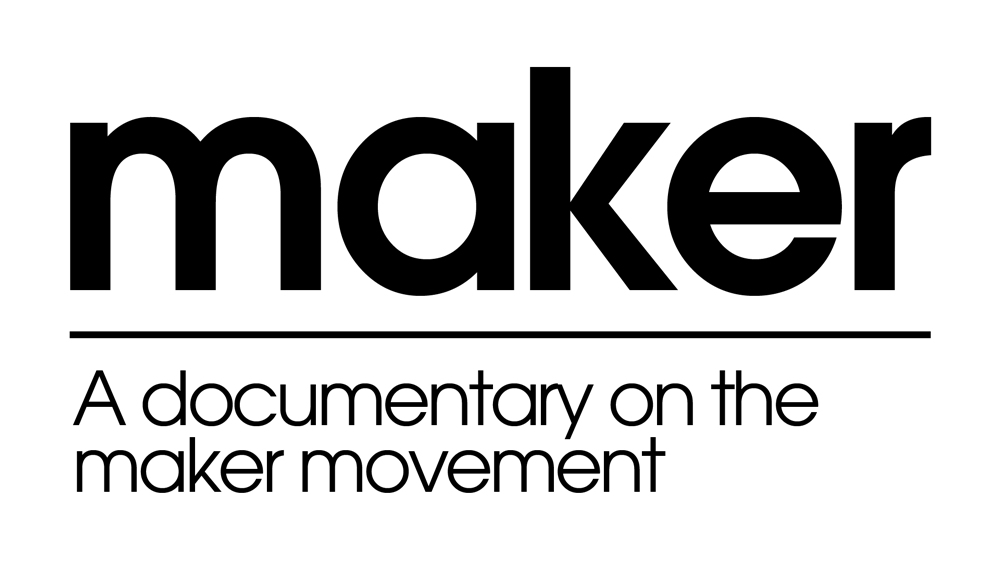Maker has been extremely honored to be invited as a part of the Southeast Asian premiere in the A Design Film Festival 2014 which took place in Singapore this September. In the festival guide, Director Tsai was interviewed about the maker movement based on his experience in filming Maker and being a techie.
With a society often only consuming, what drives the maker community and keeps it growing?
On a material level, certain things that people desire simply can't be bought on store shelves. The way mass production is designed doesn't apply to niche needs; the internet and modern fabrication methods turn making into a viable option rather than purchasing. On a spiritual level, making has become a form of self-definition. Since I can buy the exact same chair that thousands of other people have, how can I hack it to make it my own? Or how can I build something that addresses my personal desires and carries my unique voice? I think it's a physical manifestation of a person's identity.
What advice would you give to young Makers out there trying to start something of their own?
Find the type of making that suits you the best, don't limit yourself to technology or electronics. For me making has often been building something towards a personal vision. It could be a physical device, making a film, or building a company from scratch; the journey is similar. You will get to know a little bit more of yourself every time you make something.
If there’s any DIY-Project you could start right now, what would it be?
I think the first thing that comes to mind would be a smart cat feeder, something that could feed and monitor my cats while I'm abroad. With an app on my smartphone, I could dispense a certain amount of food for my cats and measure their satisfaction anywhere in the world. I bet connected pets is bound to be the next big thing.
How will the 3D-Printing technology affect the Makers and our everyday lives?
I see it as a great tool, and it certainly has gathered a lot of attention. I think this is good because it serves as an angle for people to understand the mass-customization aspect of the maker movement, where individual designs can be realized on a mass level and on demand. I do think however for 3D-printing to be disruptive and not just become a novelty is that it has to find a way to integrate with our existing habits, or maybe it'll remain among certain professions. However much like the way digital files can be copied easily for free, the ease of physical reproduction is bound to challenge traditional manufacturing and business models.
How would you describe a Maker how would someone become one?
In order to be a director, you direct. In order to become a maker, you make. I can relate the Maker movement happening in the filmmaking world. It used to be that a couple of huge companies and wealthy individuals had the advantage over the independent makers. Right now it blows my mind that anybody has access to high-quality filmmaking equipment and international distribution, which was impossible just several years ago.The democratization of technology has greatly lowered the barriers of creation.
Have you ever done a DIY-Project before or would you want to do one?
I'm not a huge techie, but I've built a RC car, working on it for a week and seeing a pile of parts and screws gradually taking shape as a car. I've also built my own computer after years of purchasing pre-built computers. What's really great is that you get to see a pile of parts and screws gradually take shape, and the moment it comes to life it's an immensely satisfying, almost magical experience. It's awesome feeling that you thoroughly know how something works, that it's not just a mysterious black box.
